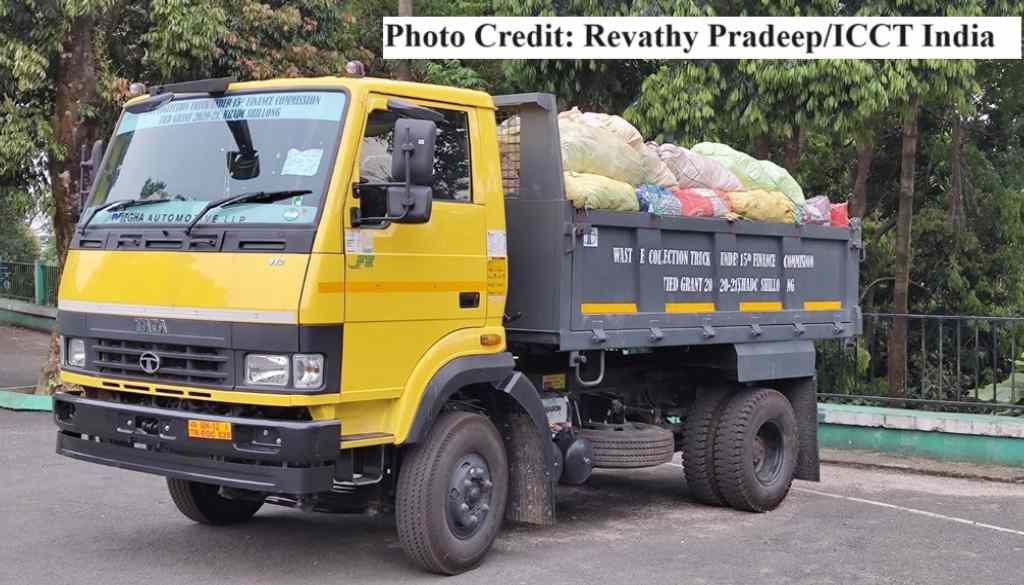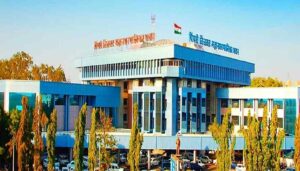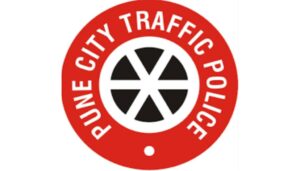Maharashtra To Be Part Of India’s Transport Electrification Story: ICCT

Pune, 5th June 2024: Maharashtra is set to play a pivotal role in scaling up electric trucks in India, according to the International Council on Clean Transportation (ICCT), an independent non-profit organisation.
With the state’s robust electric vehicle (EV) policy and infrastructure plans, Maharashtra is set to become a key player in the electrification of the transport sector, significantly contributing to India’s climate goals.
The Ministry of Heavy Industries (MHI) recently set up an EV taskforce wherein the ICCT will lead the work on the electrification of trucks and supporting infrastructure in India. As part of this taskforce, ICCT along with partners will build an action plan for the adoption of e-trucks and supporting infrastructure in India.
The Imperative for Electric Trucks in India
The transport sector is the fastest-growing contributor to climate change, according to national and international studies. Increased uptake of EVs is crucial for India to meet its objectives under the Paris Agreement and its Nationally Determined Contributions (NDCs). As global temperatures rise, it is imperative to assess the climate, environmental, and economic impact of the shift to electric transport in India to ensure an equitable transition to clean transportation.
Maharashtra’s Commitment to Electrification
“Electric truck registrations are negligible in India, with only around 250 trucks registered to date. This segment is relatively new compared to two-wheelers, three-wheelers, and cars,” said Amit Bhatt, Indian Managing Director, ICCT. “Maharashtra’s EV policy proposes making four highways or expressways fully EV-ready by 2025. This is crucial for the electrification of trucks, as charging infrastructure is key for e-trucks. The state also ranks among the top three states in terms of EV sales, primarily driven by passenger vehicles and buses. Therefore, Maharashtra has the potential to catalyze the e-truck segment as well, making it an important state for scaling up e-trucks in the country.”
Mumbai’s Role in Reducing GHG Emissions
According to Palak Thakur, Senior Researcher at ICCT in India, “As per the Mumbai Climate Action Plan 2022, 20% of the total GHG emissions are from the transport sector. The plan identifies transitioning to EVs and enhancing public transport as key focus areas. Along with this, Maharashtra’s EV policy targets the conversion of 25% of its bus fleet to electric. Thus, e-buses will aid in the GHG emission reduction for the transport sector in Mumbai.”
ICCT’s survey between 2021-22 in Mumbai, Pune, and Navi Mumbai, revealed overwhelming support for e-buses due to their multiple benefits over fossil-fueled buses. Authorities reported that these e-buses needed much less maintenance while being just as reliable. “With the policy support of FAME and state EV policies, the uptake of electric buses is visible in Indian cities. Maharashtra, being a pioneer in the adoption of electric buses, accounts for 42% of the total electric buses operating in India as of February 2022, with 99% registered in Navi Mumbai, Mumbai, and Pune,” added Thakur.
The electrification of trucks and buses is a significant step towards reducing GHG emissions and mitigating climate change impacts. With Maharashtra leading the charge, supported by comprehensive policies and infrastructure development, India is poised to make substantial progress in its transition to clean transportation.








